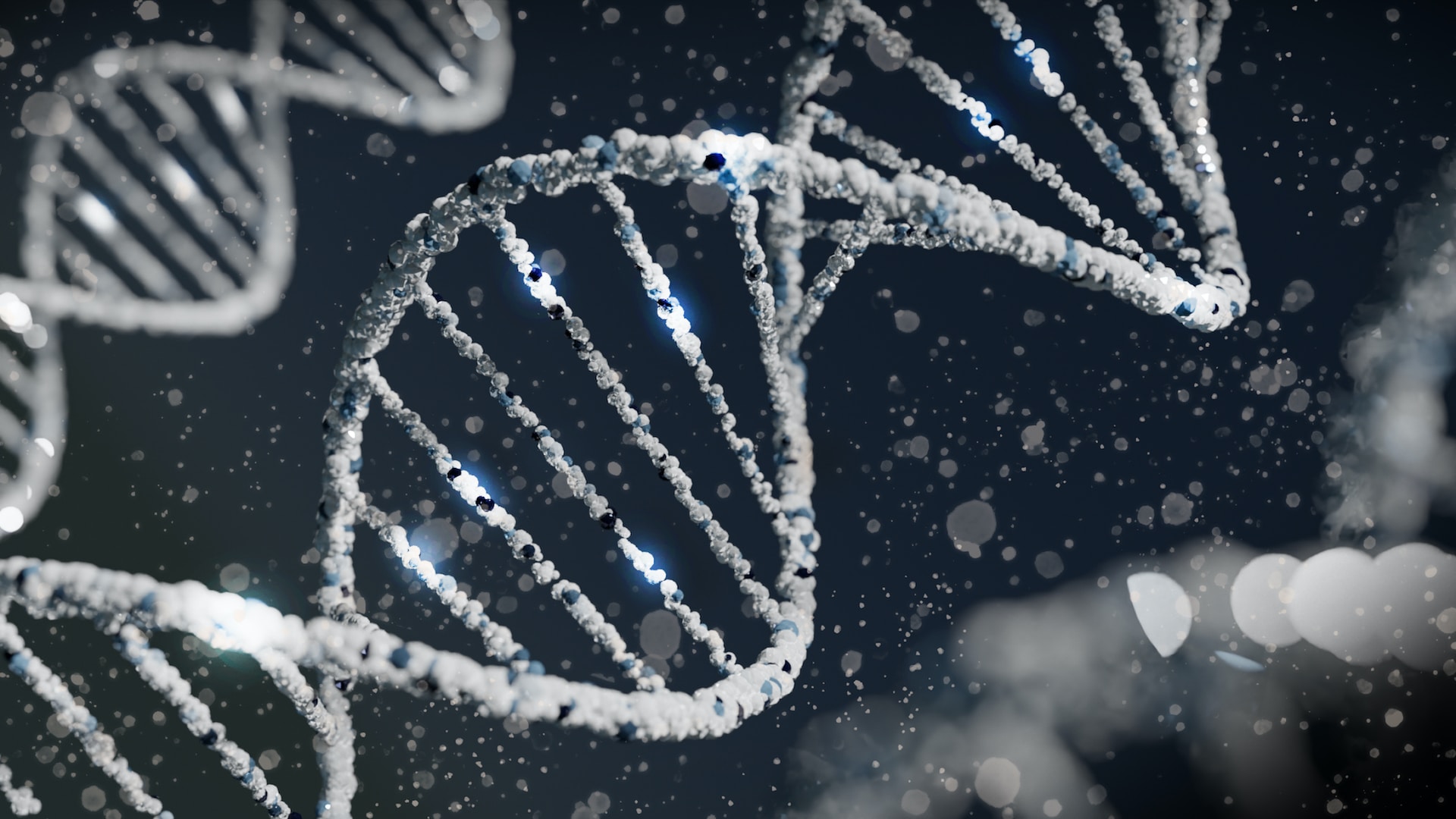Health professionals want government regulations to protect New Zealanders from genetic discrimination by insurance companies, according to a new survey.
Almost two dozen Kiwi healthcare professionals who discuss genetic testing with patients were surveyed about their experiences around the use of genetic test results in insurance. Around half said they had heard stories from their patients about insurance companies using genetic test results to deny applications or increase premiums. There are currently no legal protections against genetic discrimination in health or life insurance in Aotearoa New Zealand, while some protections exist in Australia.
The SMC asked experts to comment on the research.
Dr Jane Tiller, Ethical Legal & Social Adviser in Public Health Genomics, Monash University, Australia, comments:
“Many countries have prohibited or restricted the use of genetic test results in insurance underwriting.
“Here in Australia we have some protections against genetic discrimination in insurance. Those protections need bolstering further to keep up with international progress, but in New Zealand, there are no protections at all.
“Although the self-regulated, partial moratorium introduced by industry in Australia is seen as better than nothing, New Zealand health professionals believe it’s not ideal.
“They are concerned about industry self-regulation in this area, and believe that government regulation through national legislation is required to protect consumers against genetic discrimination in Aotearoa.”
No conflicts of interest.
Note: Dr Tiller is a co-author of this paper. Survey co-authors Dr Tiller and Prof Shelling are founding members of Against Genomic Discrimination Aotearoa (AGenDA), a group of more than 50 clinicians, researchers, academics, lawyers, and representatives from Māori, Pasifika, medical charities and patient groups who are concerned about the use of genomic data to discriminate against New Zealanders.
Professor Andrew Shelling, geneticist, and Director for the Centre for Cancer Research at the University of Auckland, comments:
“Many of the genetic risk factors we test for lead to medically actionable outcomes. This means that if people learn about their risks and take action, they can prevent or treat the disease at an early stage with better outcomes.
“At the time of consenting for genetic testing, consumers need to be told about risks for insurance discrimination, and health professionals are given this task.
“We know that fear of insurance implications deters people from having this genetic testing once they are told about them, and the public health impact of this is significant.”
Conflict of interest statement: “None. I’m a medical researcher in the area of cancer and reproductive genetics.”
Note: Dr Tiller is a co-author of this paper. Survey co-authors Dr Tiller and Prof Shelling are founding members of Against Genomic Discrimination Aotearoa (AGenDA), a group of more than 50 clinicians, researchers, academics, lawyers, and representatives from Māori, Pasifika, medical charities and patient groups who are concerned about the use of genomic data to discriminate against New Zealanders.
Dr Karaitiana Taiuru (Ngāi Tahu, Ngāti Kahungunu, Ngāti Toa), Director of the Indigenous Genomics Institute, comments:
“The paper has missed the opportunity to examine how issues of genetic testing and insurance could disproportionately impact Māori. Māori (along with Pasifika and disabled people) are already less likely to have access to private health care, with Pākehā being 50% more likely to have health insurance than Māori. Any discrimination based on genetic testing is therefore likely to further restrict the ability of Māori to access private health care, deepening health inequities. This is especially compounded because with a few exceptions, health-relevant genetic resources and testing are largely based off European cohorts, missing relevant population-specific variation.
“We need to start looking at how we can genetically test for hauora using appropriate, culturally safe methods with fully informed consent, applying Te Tiriti principles of sovereignty over personal DNA and acknowledging that from a Te Ao Māori perspective, DNA is sacred and there are implications of it being a communal resource of those with shared whakapapa.
“To achieve this, we need to attract more Māori into genetic counselling, use Māori knowledge and mātauranga as illustrated in the genetic research guidelines Tikanga Hou Tikanga Tawhito, support Māori owned and operated DNA banks, as well as better training for health care professionals by introducing and normalising Te Ao Māori perspectives about DNA into the profession and academia. Without this, DNA risks being a scientific tool that further colonises and discriminates against Māori, as this paper highlights.”
Conflict of interest statement: “Managing Director of Taiuru & Associates Ltd.”
